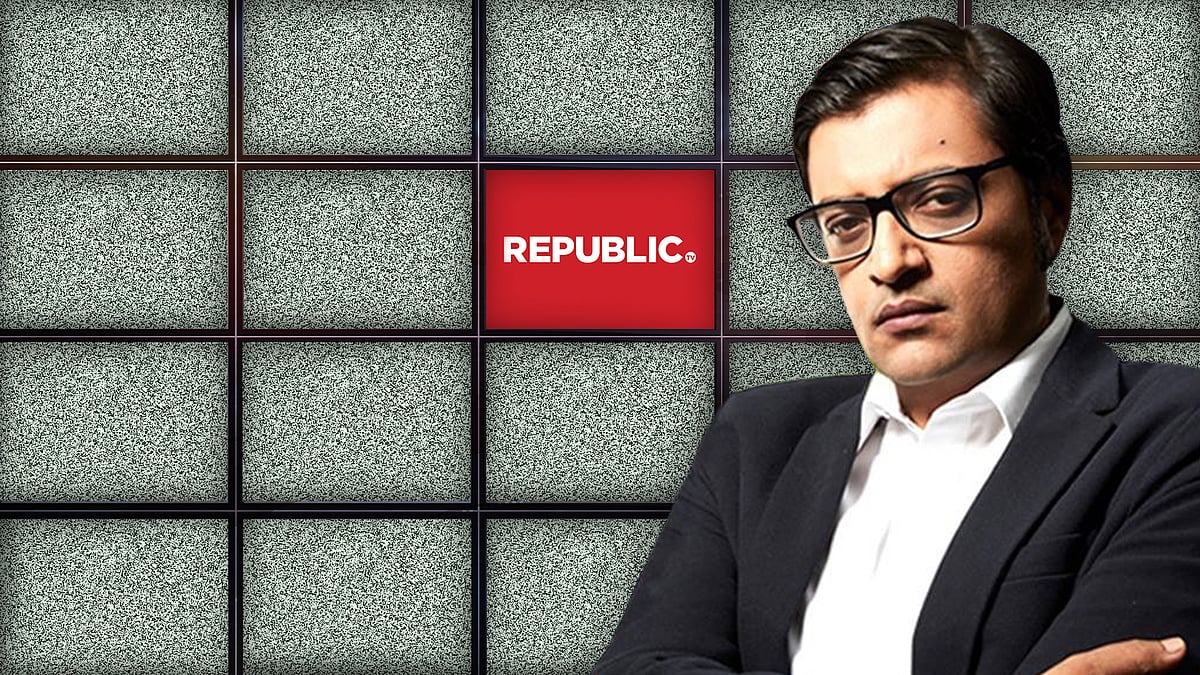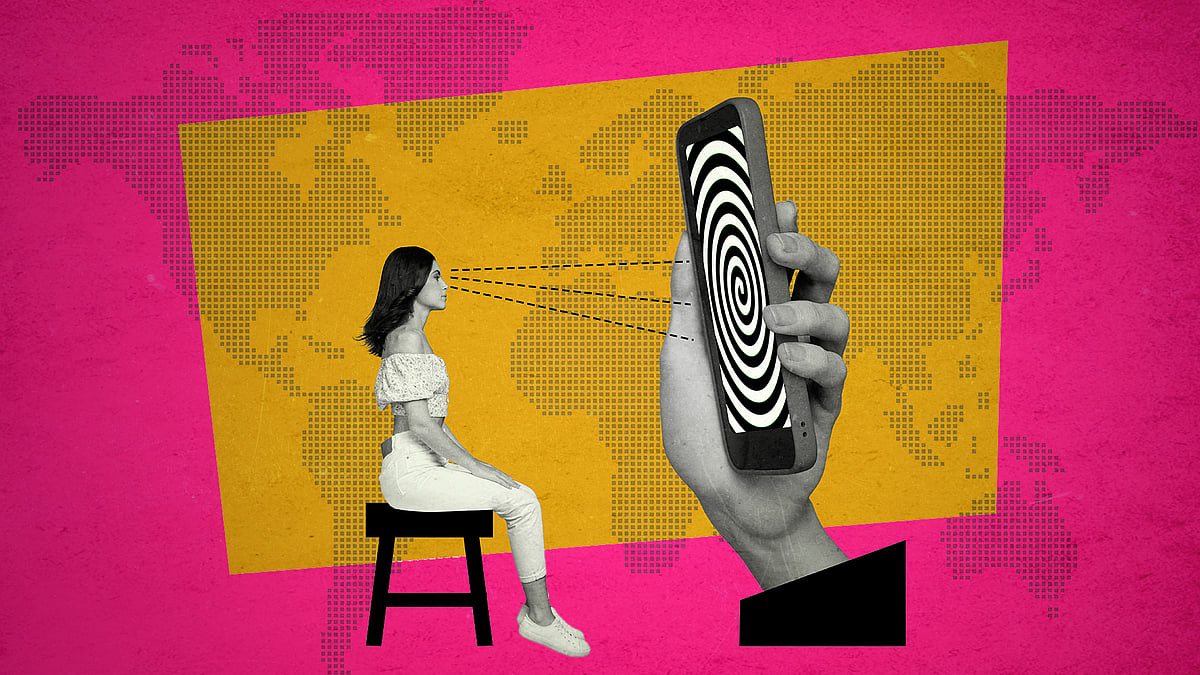YouTube approved 48 ads with baseless allegations of electoral fraud, lies about voting procedures, and attacks on the integrity of the electoral process ahead of the Lok Sabha polls, according to an investigation by the rights groups Global Witness and Access Now.
The ads were submitted as part of the investigation and were withdrawn before publication to ensure they did not run on YouTube. The 48 ads – in English, Hindi and Telugu – contained content explicitly prohibited by YouTube’s election misinformation policies. Despite YouTube’s policy to review ad content before it can run, the platform approved every single ad for publication.
The experiment points to Google’s role in the airing of disinformation ahead of the crucial elections.
“By failing to implement its own policies around disinformation, YouTube raises serious questions about its role in ensuring that the upcoming Indian elections are free and fair. Heading into the crucial election year of 2024, tech platforms made tall promises about safeguarding electoral integrity, but the proof is in the pudding – YouTube greenlit all 48 ads violating its policies, submitted as part of our investigation,” Namrata Maheshwari, senior policy counsel at Access Now, said in a statement.
According to the report by Global Witness and Access Now, a Google spokesperson said the company applies its policies “globally and consistently,” and disputed the methodology of the report. “Not one of these ads ever ran on our systems and this report does not show a lack of protections against election misinformation in India,” the spokesperson said in a statement. “Our enforcement process has multiple layers to ensure ads comply with our policies, and just because an ad passes an initial technical check does not mean it won’t be blocked or removed by our enforcement systems if it violates our policies. But the advertiser here deleted the ads in question before any of our routine enforcement reviews could take place.”
“While an ad may initially be eligible to serve via our automated systems, this is just the first stage of our review and enforcement process. After this step, ads are still subject to several layers of reviews, to ensure the content complies with our policies. These protections can kick into place both before an ad runs or quickly after it starts to gain impressions.”
Ads aimed at community, voter suppression
According to the experiment, some of the ads approved by YouTube contained false information aimed at suppressing votes, such as saying ID is not required to vote, or that women could vote by text message.
One ad accused a religious group of offering bribes for votes while another alleged that certain locations were hotspots for electoral fraud, and urged voters to “block their roads to stop these extremists from voting”. Another ad targeted a caste group, saying that “we will show them who’s the boss at the polling booths,” adding that only certain castes “have the right to choose who runs the country.”
India concerns
YouTube has more than 450 million users in India, and offers targeted advertising tools to businesses and political parties.
Political misrepresentation and manipulation online is a known concern in India. Investigations in 2022 into “ghost” and “surrogate” advertising on Facebook laid bare issues around that platform’s enabling of political advertisers to mask their identities or affiliations. Even before the last general election in 2019, misinformation related to political or social issues circulated widely.
According to the study, ahead of the 2024 election, the Election Commission of India has identified a “probable list of fake narratives” to prepare for, “including misinformation of the type we tested”.
YouTube states it uses a mixture of automated and human means to moderate prohibited content, yet in the last year its parent company Google has laid off thousands of workers, including from its trust and safety teams. Meanwhile YouTube made $31.5 billion in advertising revenue last year, an 8 percent increase from the year before.
Google did not answer specific questions from TIME about the number of ad reviewers it has in place who speak English, Hindi and Telugu, nor whether those teams had been impacted by recent layoffs. However, a spokesperson said YouTube has made “significant investments” into enforcing its policies against election disinformation, and added it has “a dedicated team of local experts across all major Indian languages” working 24/7.
 Arnab Goswami, R Kannada editor booked for ‘fake news’ on Siddaramaiah
Arnab Goswami, R Kannada editor booked for ‘fake news’ on Siddaramaiah From Nigeria to India, Big Tech does little or nothing to curb fake news
From Nigeria to India, Big Tech does little or nothing to curb fake news